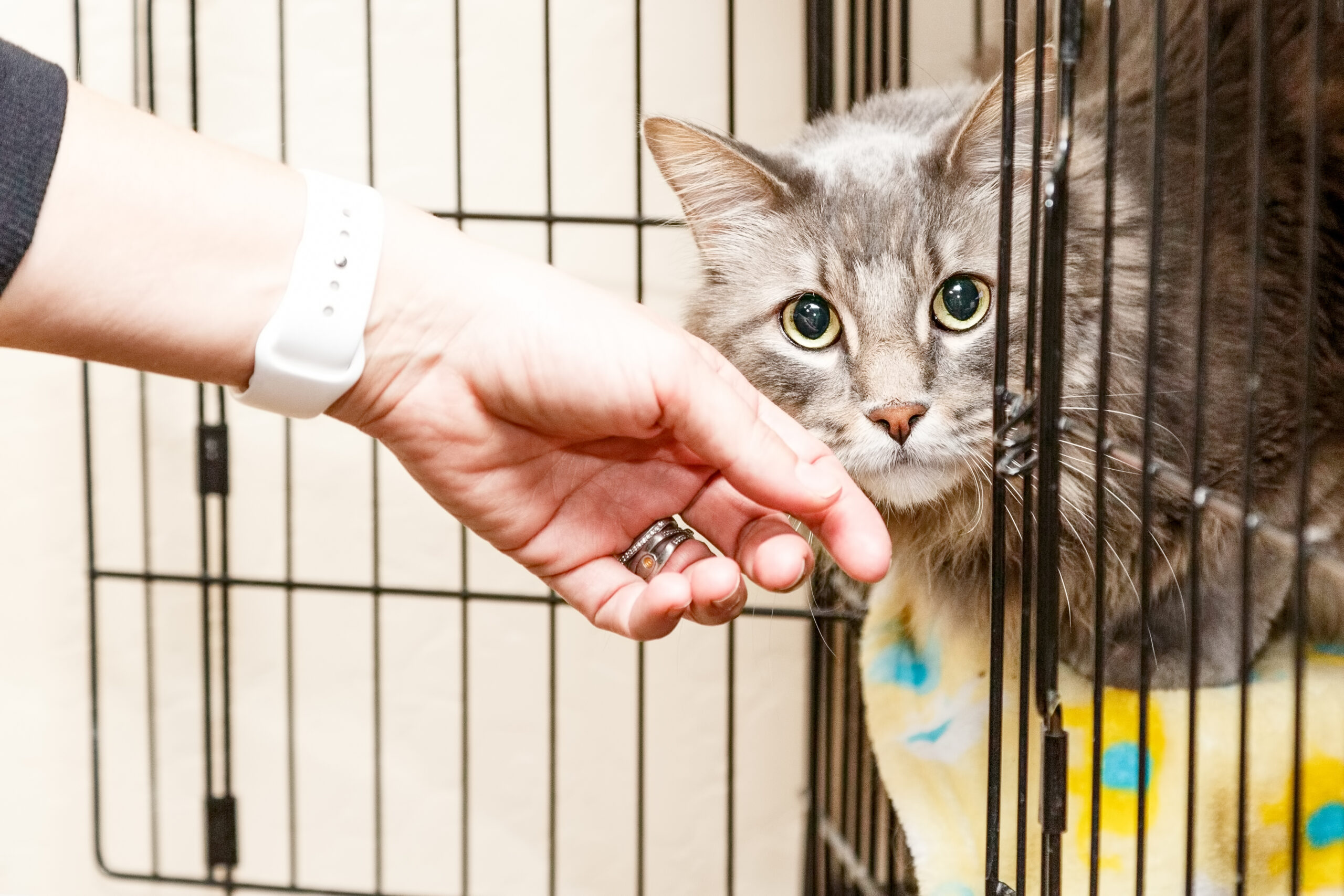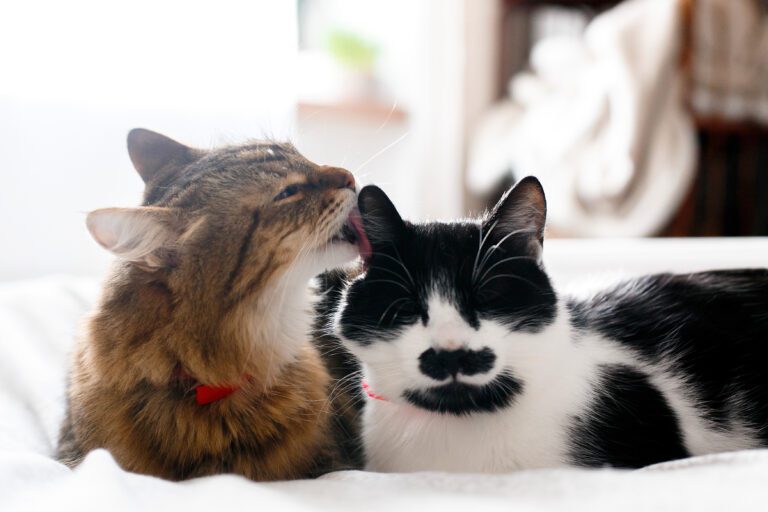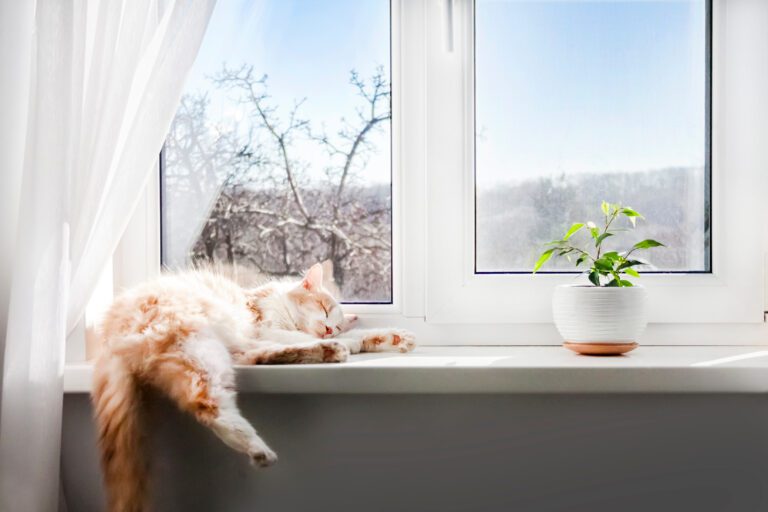Bringing a rescue cat into your life can be a deeply rewarding experience. These cats often come from challenging situations and are in desperate need of a loving home. However, the process of choosing a rescue cat should be approached thoughtfully to ensure that you find a feline companion that fits your lifestyle and personality. Here are some important factors to consider:
Your Lifestyle and Living Situation
Before you begin your search, assess your lifestyle and living situation. Think about the size of your home, whether you have other pets, and if you have children. These factors will influence the type of rescue cat that would be the best fit for your household.
Age of the Cat
Rescue cats come in all ages, from kittens to seniors. Consider what age range suits your lifestyle. Kittens may require more time and patience for training, while older cats might be a better match for a quieter or busier household.

Personality and Temperament
Every cat has a unique personality, so take the time to get to know the cat’s temperament. Spend time interacting with the cat during your visit to the shelter or rescue organization. Look for signs of sociability, friendliness, and compatibility with your own personality.
Health and Medical History
Inquire about the cat’s health and medical history. Ask if they’ve been spayed or neutered, vaccinated, and tested for common feline diseases. Be prepared for existing medical conditions, and consider whether you can provide the necessary care and treatment.
Behavioral Issues
Ask about any known behavioral issues the cat may have. It’s essential to be aware of any potential challenges and decide if you have the patience and resources to address them. Behavioral issues can often be resolved with time and positive reinforcement training.
Socialization and History
Try to learn about the cat’s past experiences and socialization. Cats that have had positive interactions with humans and other animals are more likely to adapt well to a new home. Understanding their background can help you anticipate their needs.

Adoption Process and Fees
Familiarize yourself with the adoption process and fees of the rescue organization. Understand the requirements and paperwork involved, and be prepared to provide references or undergo a home visit if necessary. Adoption fees often cover vaccinations, spaying/neutering, and other medical expenses.
Compatibility with Existing Pets
If you have other pets, consider their personalities and how they might react to a new feline family member. Some rescue cats are more social and adaptable, while others may prefer to be the only pet in the household.
Choosing a rescue cat is a significant decision that can bring immense joy and fulfillment to your life while giving a deserving cat a loving forever home. By considering your lifestyle, the cat’s age, personality, health, and past experiences, you can make an informed choice that ensures a harmonious and happy partnership between you and your new feline friend. Remember that each rescue cat is unique, and finding the right match may take time, but the rewards of love, companionship, and a forever home are well worth the effort.
Learn more about how pet adoption works!






